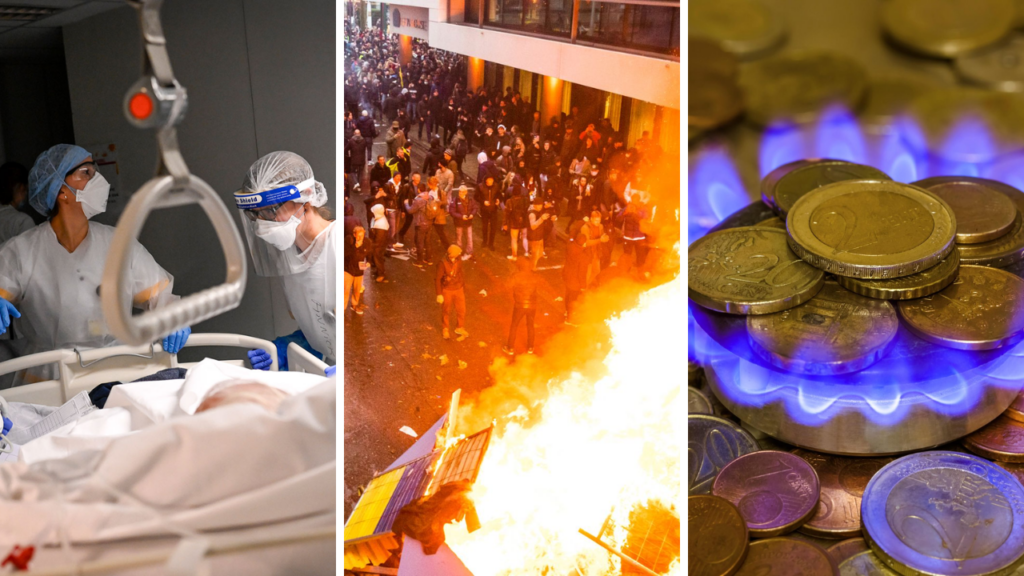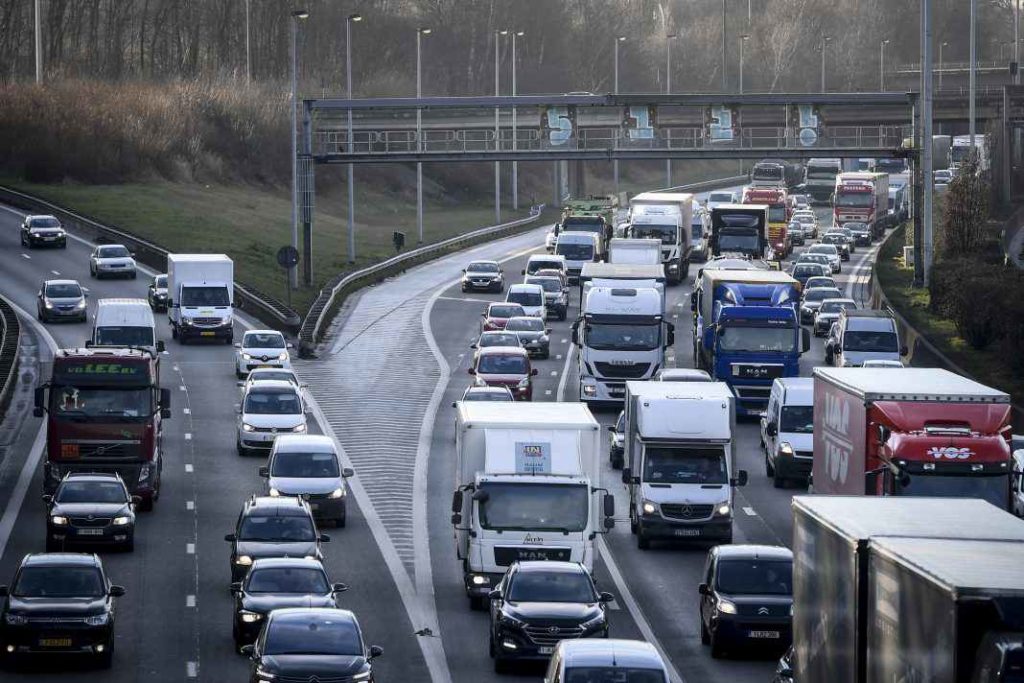A couple of weeks ago, my efforts not to overstate the scale of political turmoil in the UK aged badly. Within hours of writing, then-PM Liz Truss announced her resignation and it seemed with the power of hindsight that my bid for moderation was in vain.
Yet I stand by the point I was making about devaluing language; aside from the problem of media being suffused with superlatives and the general atmosphere this feeds into, we might wonder whether the words we use will fail to keep up with the enormity of events surrounding us.
The hyperinflation of vocabulary has us searching for the most extreme qualifiers to convey sentiments that, if we only pause to think about them, are perhaps not quite as profound as we insist. Today, everything is 'super huge', 'groundbreaking' and 'earth-shattering'. Old measures of magnitude such as 'very' or plain 'large' sound distinctly dated.
Thankfully, vocabulary evolves with its environment and this year we have been given 'permacrisis' by the Collins English Dictionary as their word of the year. There's no doubt it seems suited to the present and means exactly what you'd expect, an interminable torrent of turbulence in which it's remarkable you're even reading this at all.
Part of me wishes that we might feel prompted to delve into the dusty dictionaries of yesteryear for more exciting terms to apply to today. There's such a wealth of language that we can surely do better than an easy prefix to elevate already exaggerated expressions even further.
Will next year bring us "hypercrunch"? You heard it here first.
Bored of words? Let @Orlando_tbt know.
Belgium in Brief is a free daily roundup of the top stories to get you through your coffee break conversations. To receive it straight to your inbox every day, sign up below:
1. Public transport to be heavily disrupted by general strike on 9 November
Following the announcement that train disruptions are expected on the "national day of action" by trade unions on Wednesday 9 November, public transport operators in Flanders and Brussels have confirmed their services will also be heavily impacted. Read more.
2. Europe spends €32 billion per year in company car subsidies, Belgium tops list
Even though company cars disproportionately contribute to traffic congestion and pollution, European governments subsidise corporate-owned fleets for up to €32 billion per year, a report by the Brussels-based Transport & Environment think tank shows. Read more.
3. Our year in one word? Permacrisis
Collin's dictionary has revealed its 2022 Word of the Year, summarising how many people have felt this year: permacrisis. According to the dictionary's website, 'permacrisis' describes "an extended period of instability and insecurity." Read more.
4. What to do in Brussels this weekend: 4 – 6 November
Autumn has officially arrived in Brussels, and as temperatures drop, the majority of events in our round-up are taking place indoors to keep you shielded from the icy winds. Find out our favourite things to do in the Belgian capital (and further afield) this weekend below! Read more.
5. IAEA inspectors find no trace of Ukrainian ‘dirty bomb'
The International Atomic Energy Agency (IAEA) said on Thursday that it had not detected any sign of “undeclared nuclear activities” in Ukraine at this stage of its investigation, after having inspected three locations at the request of Kyiv. Read more.
6. End of 'Nolhtaced': Customers earned over €154,000 by selling unused sports gear
In October, Belgian residents earned a total of €154,000 by selling their unused sports equipment to 'Nolhtaced', the temporary new (reversed) name of Decathlon, with particular success in the Brussels-Capital Region and Wallonia. Read more.
7. Hidden Belgium: Vaartkom
A new neighbourhood is emerging in Leuven on a vast site once occupied by the Stella Artois brewery. Read more.


